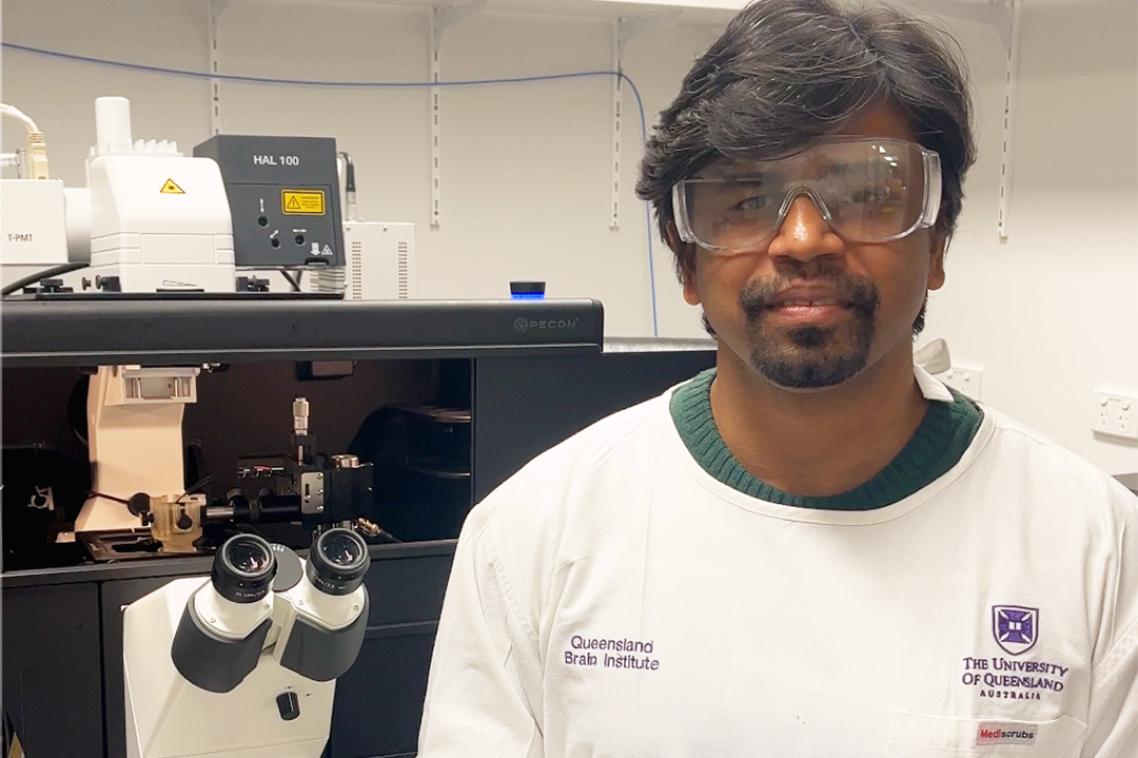Brain mapping study to improve outcomes for preterm infants
A University of Queensland study into how premature babies’ brains develop will lead to the earlier diagnosis of brain impairment in preterm children.
Babies born preterm are at risk of cerebral palsy, mild motor impairment, cognitive deficits and educational difficulties, with very preterm babies also risking developmental disabilities.
Researchers used medical imaging techniques to map the brain wiring of preterm babies when they had reached their expected birth date, and compared them to the brain connections of full-term born babies.
UQ Centre for Clinical Research and the Perinatal Research Centre Director Professor Paul Colditz said the mapping found a number of differences in brain wiring in preterm babies.
“Most importantly, connections between the large deep gray matter structures – areas of the brain which are associated with memory, verbal comprehension and higher cognitive function – were found to be altered,” Professor Colditz said.
“In the past these deficits were often found later in preterm children and adults.
“By using a MRI Neonatal incubator specifically designed for babies we can now conduct imaging of preterm babies’ brains to diagnose brain impairment much earlier.
“Prior to this, using MRI posed too many risks.
“MRI brain wiring studies will underpin the development and testing of safe new interventions for our vulnerable pre-term babies, ensuring all babies are born with the best possible chance of leading a normal life.”
The results from the study have been published in the PLOS ONE journal.
Media: Kate Sullivan, UQ Centre for Clinical Research, (07)3346 6041 or k.sullivan4@uq.edu.au .
Twitter: @UQCCR
Topics
Related articles

New ultrasound imaging to map drug delivery into the brain

Staying physically active cuts risk of early death by 40 per cent
Media contact
UQ Communications
communications@uq.edu.au
+61 429 056 139
